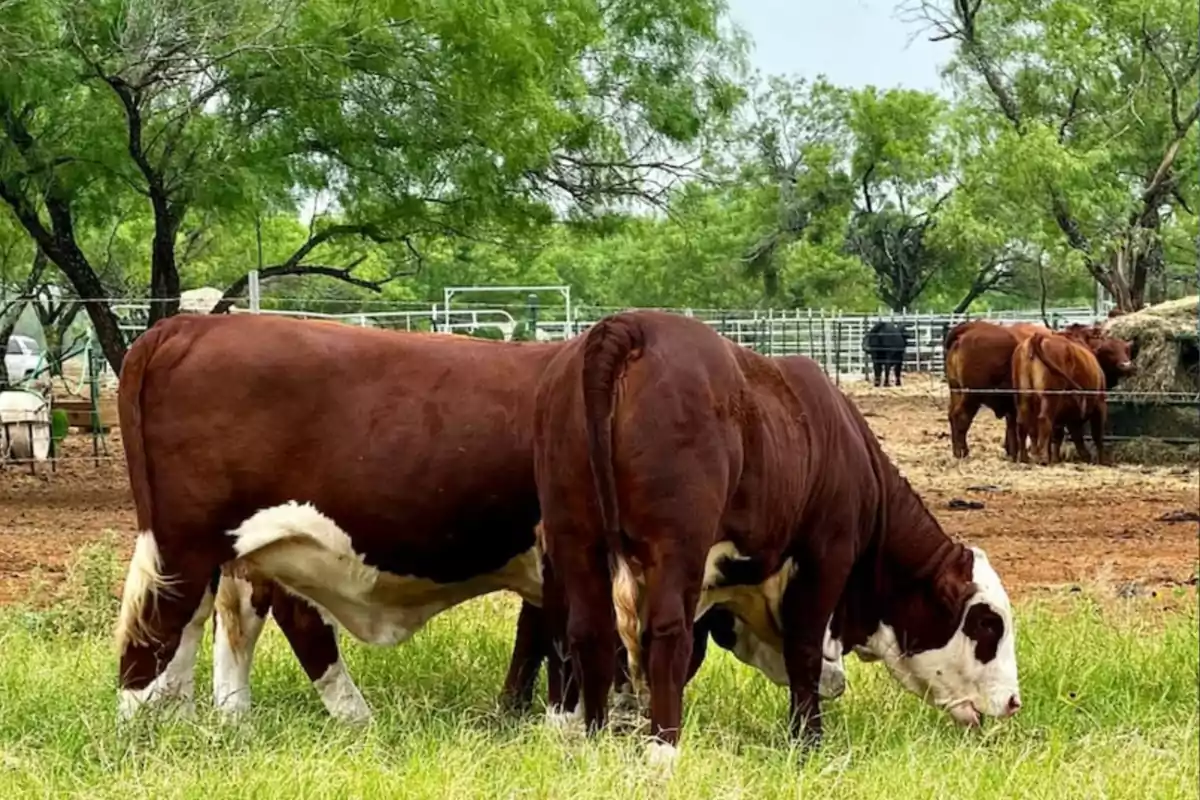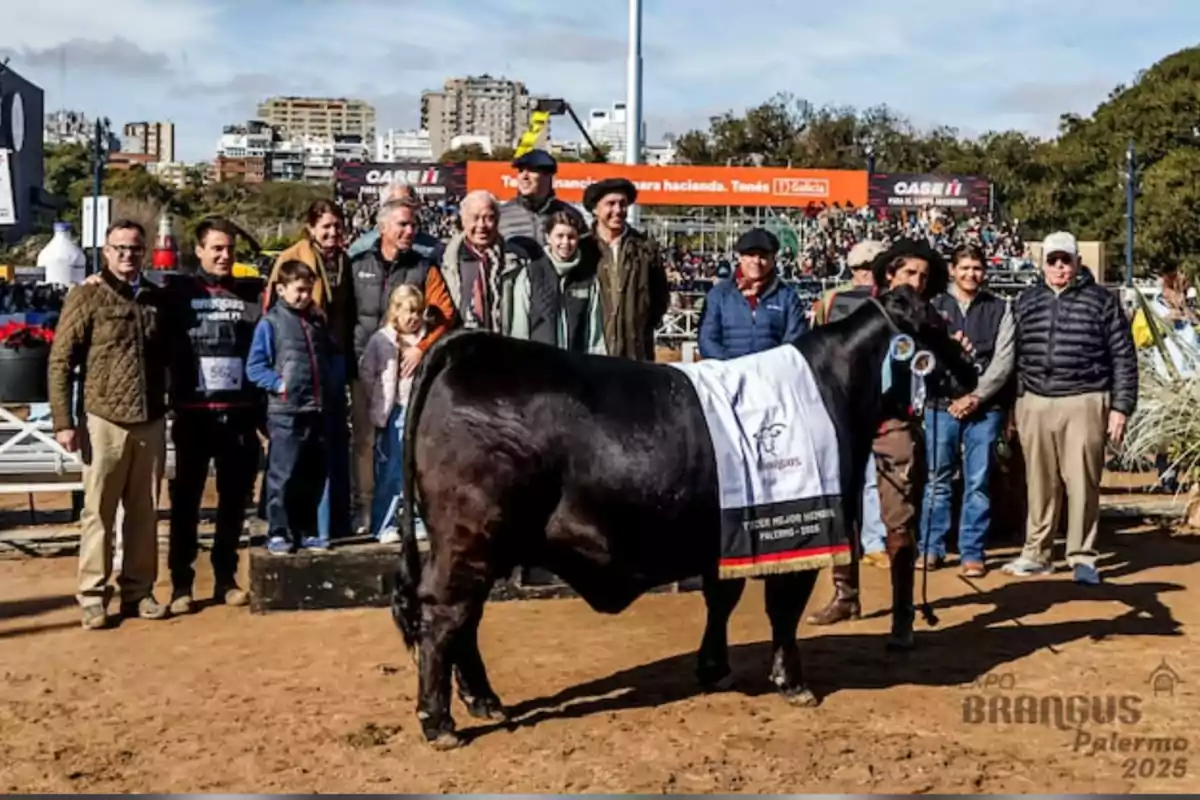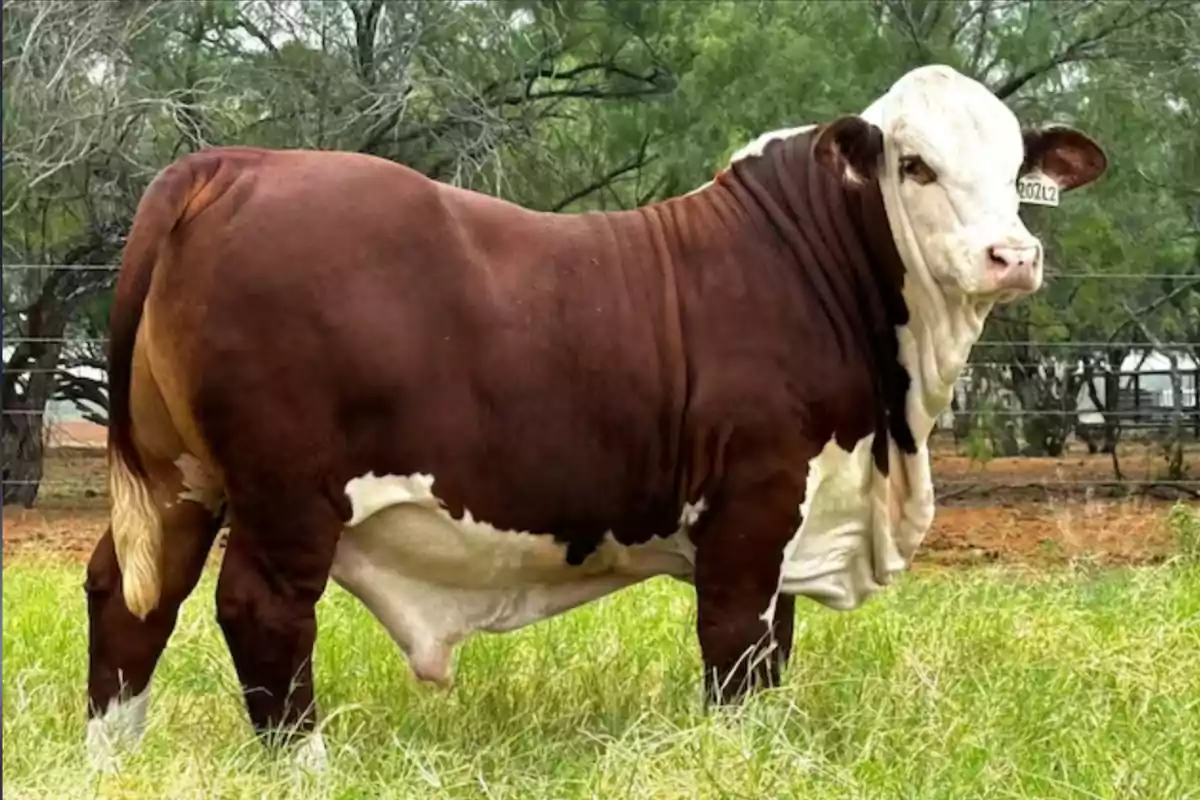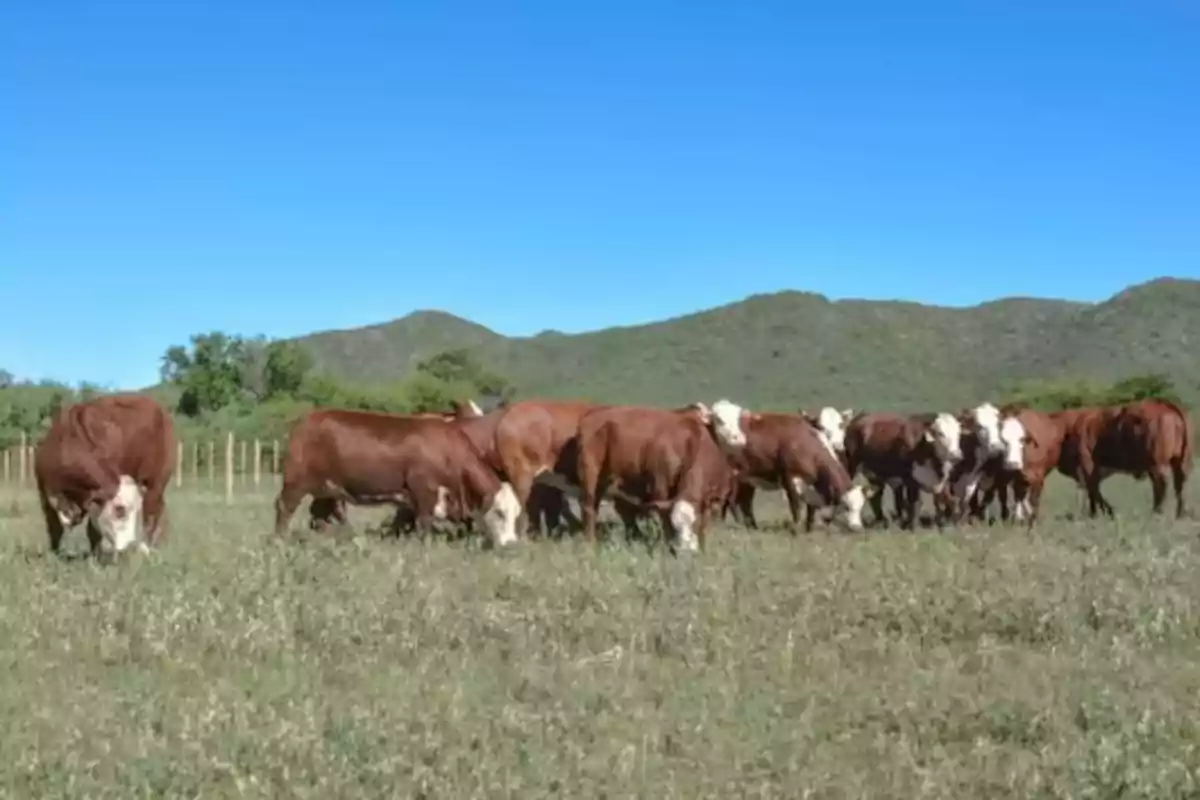
From Córdoba to the entire world: Braford embryos have reached Australia
The Dominga cabin, from Ischilín, managed to enter the demanding oceanic market with Argentine genetics
La Dominga cabin, located in the north of Córdoba, achieved a milestone for Argentine livestock. Embryos from its Braford genetic line arrived in Australia for the first time. This is an unprecedented operation that positions national genetics in the global market.
The process began in 2021 with an initial shipment to Canada, where the embryos were transferred to recipient cows. Then, the animals born were moved to Texas, where they completed their development. From there, semen obtained from those breeders was exported to Australia.
The Braford breed was originally developed with Australian genetics. The Argentine achievement reverses the genetic flow and demonstrates the level reached.

A virtuous circle from Córdoba to the world
La Dominga had already exported to the United States through an indirect protocol via Canada. That country is the only one in North America with an open agreement with South America. This route allowed the birth and multiplication of animals with an Argentine seal on U.S. soil.
The circle was completed in the middle of this year, when those breeders produced semen that was sent to Oceania. Australia thus opened its market to genetics developed in Ischilín. The operation makes Córdoba the spearhead of livestock with a global vision.
The company also recently gained access to the European market, with a quota of embryos sent directly to Spain. The owner of the cabin, Alejandro Lauret, highlighted that this is the first time Argentine Braford genetics has entered the European continent.

Elite genetics that prevails in Palermo
In parallel with international success, the Pozo de la Carreta cabin, also from Córdoba, set a record at the Rural Exhibition. For 50% of a Brangus female, $44 million was paid, the highest value recorded for the breed at that event. The operation demonstrated investor appetite for quality genetics.
Other cabins from Córdoba, such as Corral de Guardia and La Morocha, were also awarded with grand champions. Although they were not auctioned, their specimens reaffirmed the provincial leadership. In Braford, a heifer reached $54 million for half of its ownership.
Embryos and semen continue to show dynamism as export products. In Palermo, a Brangus embryo unit reached $2.34 million. In addition, 770 doses of semen were auctioned, with values averaging $43,000 per straw.

Export potential knows no bounds
For Lauret, this model demonstrates that "it can be done." He states that it is necessary to offer "alternative routes" to the country's breeders. He emphasizes that the livestock business requires macroeconomic stability because it is a long-term investment.
He points out that if interest rates fall and the exchange rate is maintained, investment flow will grow. The cost differential, currently high, is offset by the country brand. "Argentine genetics is highly valued and recognized for its quality at the international level," he said.
In this regard, Córdoba consolidates a leadership in genetic innovation. With planning, private investment, and strategic partnerships, La Dominga and other cabins are setting the course. This is not just an operation; it is a demonstration of real and concrete export capacity.
More posts: